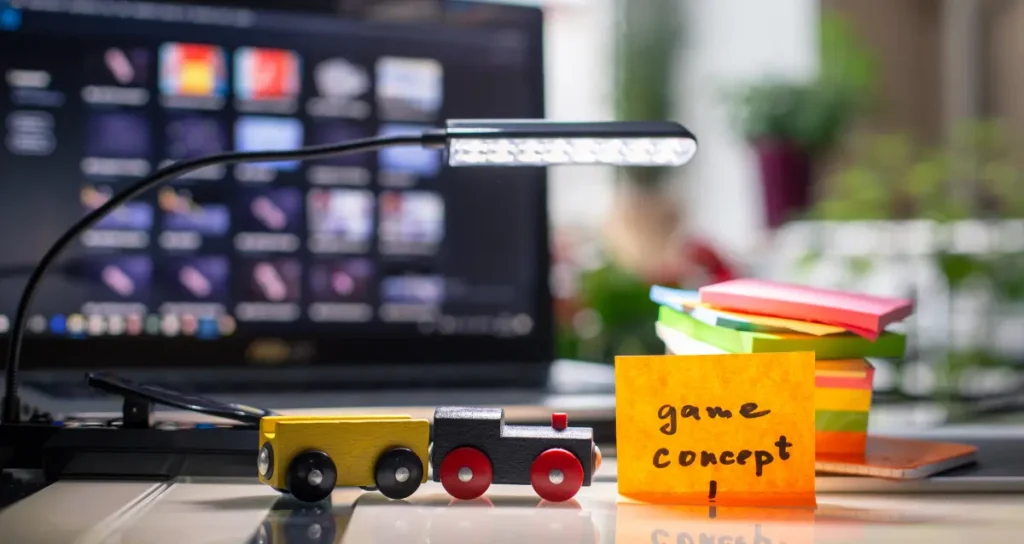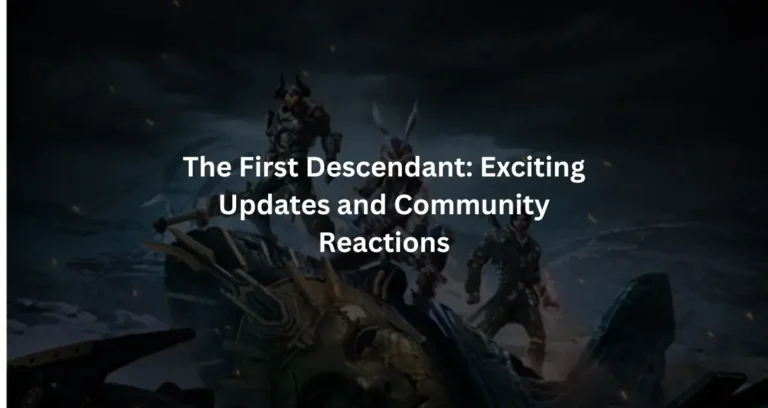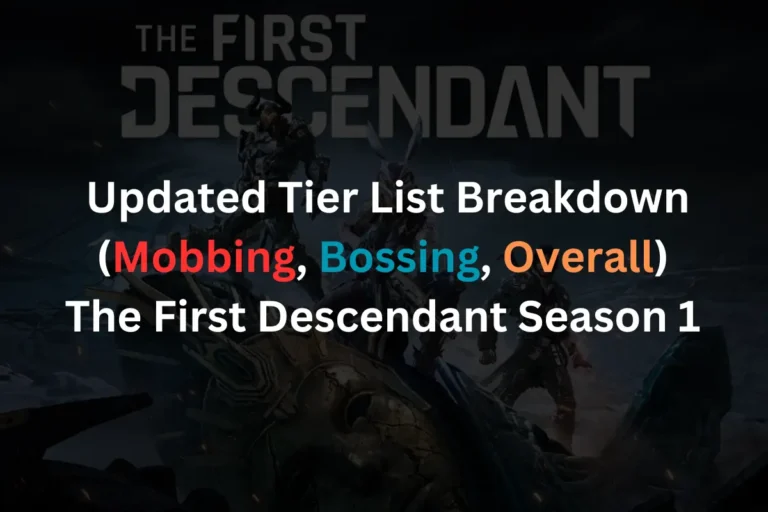How Games Really Use Artificial Intelligence
Artificial Intelligence (AI) — the latest hyped state of the tech industry (and rightfully so) — is revolutionizing the world of games right now. The technology offers players the opportunity to dive into realistic experiences and lively interactions that can engage people anywhere on Earth.
AI is not just a catchword; it’s also a strong tool for improving the quality of our games themselves — better games make playing more entertaining and personalized. This article looks at AI and video game play, pointing out the positive roles AI plays in games and their potential for future development.
Smartening NPCs for Fun Player Experiences
Non-player characters (NPCs) are the backbone of many games, whether they are large open-world adventures splayed across vast tracts of land or close-knit strategy games. Thanks to AI, these characters are starting to burst into life, thinking faster and deeper, and offering more realistic responses — in other words, evolving.
Instead of following fixed tracks, AI-driven NPCs can respond to the player’s actions, forcing them to think more carefully about their strategies and approaches. This has been shown in academia to lead to all manner of possible breakthroughs.
Take, for instance, action-adventure games: AI allows enemies to utilize tactics, take cover, and coordinate attacks — something that happens among soldiers in real-life situations but is quite different from the way we are used to experiencing warfare in the digital realm.
This not only makes the gameplay more realistic but also forces players to think strategically, making the game more interesting. Similarly, in role-playing games, AI can help NPCs remember players’ past interactions with the NPC, affecting their behavior and what responses to give in conversation.
Customized Game Experiences
One of the most exciting elements of AI in video games is that it can tailor-make the whole experience for them. AI algorithms study players’ behavior, preferences, and level of skill and then adjust the game accordingly. This means the difficulty can be altered as the game goes on — keeping it a challenge but never frustrating (at least hopefully).
Also, AI software now has the skill to present in-game items or courses that suit a player’s tastes better, giving them a more vivid feeling of control over the gaming experience. Given the wide variety of games that use AI, it’s evident this technology works with many different gaming styles – and has something for everyone.
Creating Realistic and Dynamic Worlds
AI is the backbone of realistic, dynamic worlds as expected by 21st-century gamers. From procedurally created lands to intricate ecosystems, AI lets developers produce environmental surroundings that feel alive and change with time. In open-world games, natural activity patterns for real-world events like clouds in the sky or entire cities’ appearance are frequently now a result of AI decision-making. The game world is given its own life.
These dynamic environments do a great deal to enhance the feeling of being there in the world itself. For instance, in a survival game, AI not only handles the enemies’ movements and behaviors, but it can also take over background elements, such as simulating weather changes that can affect gameplay — e.g. storms causing poor visibility or cold temperatures driving a knife into the player’s health.

Advanced AI in Game Development
Behind the scenes, AI is revolutionizing game development. Developers use AI tools to compress the production cycle and make it more efficient. This not only speeds up development but also enables more intricate and polished games to be produced.
The AI-driven tools generate textures, landscapes, and even whole levels of games. This saves artists and designers a lot of work. AI-powered analysis can also give developers insights into players’ behavior, helping them with data-driven decisions on how best to improve the game’s graphics and user satisfaction. Of course, you still need decent hardware to make use of that – but the capacity is there!
The Future of AI in Gaming
As AI makes constant progress, it is envisioned that it might be utilized in an even more diverse variety of games in the future. Forthcoming games might have even smarter AIs, able to interpret spoken words and read emotions. They could provide really interactive storylines — not simply passive storylines linked by a fight or puzzle.
Imagine a game in which NPCs converse meaningfully with the player, reacting not only to words but even to how things are said or the atmosphere in which they are said. Just imagine games that tell stories in this fashion! That could elevate storytelling in games to a new level, creating experiences that are not only entertaining but also deeply immersive and personal.
To sum up, Artificial Intelligence indeed has the potential to totally re-design gaming. It will affect everything from how NPCs act and how the player’s experience is shaped to building up dynamic worlds and aiding development teams. As technology advances, we can surely look forward to even more innovations and increasingly rich gaming experiences. It is a very exciting future for gamers.
FURTHER READING







